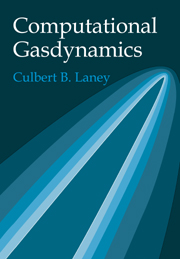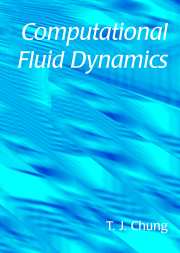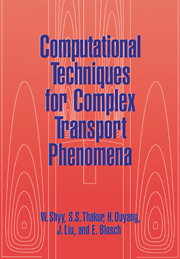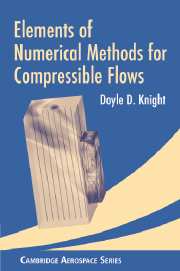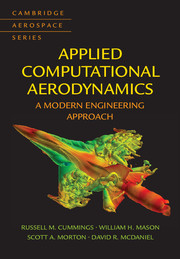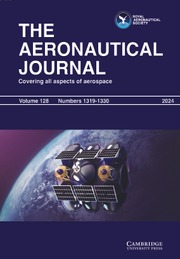Computational Gasdynamics
Numerical methods are indispensable tools in the analysis of complex fluid flows. This book focuses on computational techniques for high-speed gas flows, especially gas flows containing shocks and other steep gradients. The book decomposes complicated numerical methods into simple modular parts, showing how each part fits and how each method relates to or differs from others. The text begins with a review of gasdynamics and computational techniques. Next come basic principles of computational gasdynamics. The last two parts cover basic techniques and advanced techniques. Senior and graduate level students, especially in aerospace engineering, as well as researchers and practising engineers, will find a wealth of invaluable information on high-speed gas flows in this text.
- Devoted to computational gasdynamics, essential for aerospace engineering
- Difficult subject made accessible by good, clear writing
- Includes hundreds of figures, examples and homework problems
Reviews & endorsements
'Computational Gasdynamics, by Culbert Laney, is a wonderful resource. It belongs in the library of any engineer solving problems in compressible flow. It will make an excellent text, but perhaps not for introductory courses. This reviewer commends the author for organising this material and presenting it in clear, concise and understandable manner.' S. Eberhardt, European Journal of Mechanics
Product details
No date availablePaperback
9780521625586
632 pages
243 × 173 × 33 mm
0.99kg
213 b/w illus.
Table of Contents
- Preface
- 1. Introduction
- Part I. Gasdynamics Review:
- 2. Governing equations of gasdynamics
- 3. Waves
- 4. Scalar conservation laws
- 5. The Riemann problem
- Part II. Computational Review:
- 6. Numerical error
- 7. Orthogonal functions
- 8. Interpolation
- 9. Piecewise-polynomial reconstruction
- 10. Numerical calculus
- Part III. Basic Principles of Computational Gasdynamics:
- 11. Conservation and other basic principles
- 12. The CFL condition
- 13. Upwind and adaptive stencils
- 14. Artificial viscosity
- 15. Linear stability
- 16. Non-linear stability
- Part IV. Basic Methods of Computational Gasdynamics:
- 17. Basic numerical methods for scalar conservation laws
- 18. Basic numerical methods for the Euler equations
- 19. Boundary treatments
- Part V. Advanced Methods of Computational Gasdynamics:
- 20. Flux averaging I: flux-limited methods
- 21. Flux averaging II: flux-corrected methods
- 22. Flux averaging III: self-adjusting hybrid methods
- 23. Solution averaging: reconstruction-evolution methods
- 24. A brief introduction to multi-dimensions
- Index.

